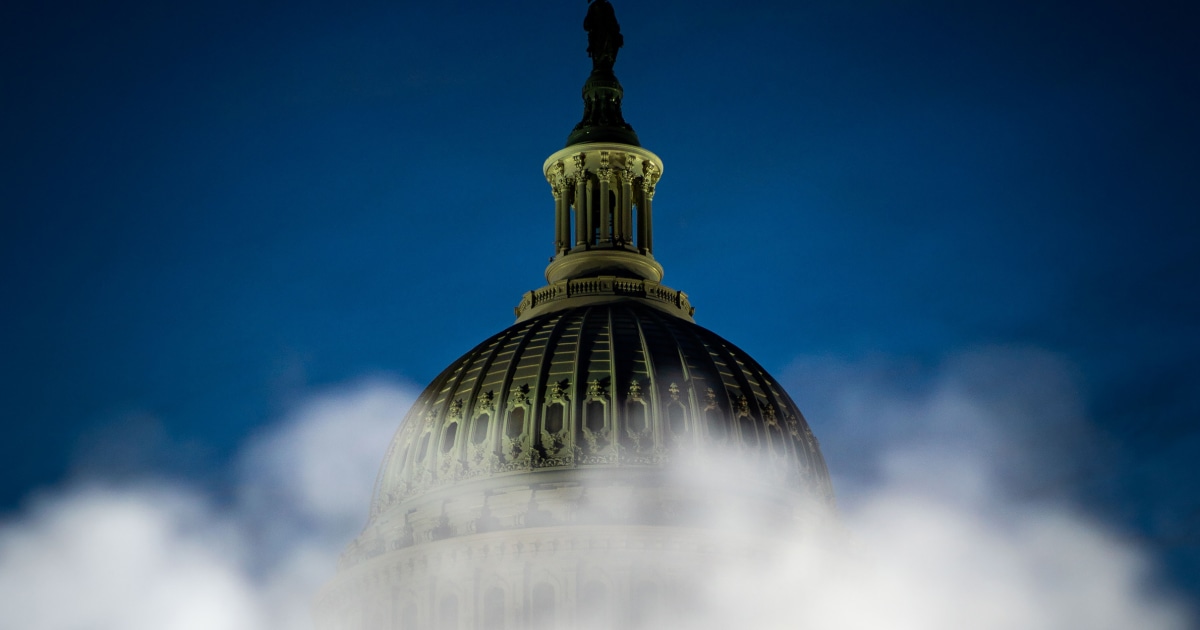What are the Potential Consequences of the U.S. Hitting the Debt Ceiling?

What is the Debt Ceiling?
The debt ceiling is a legal cap on the total amount of federal debt allowed to be outstanding. It is usually set by Congress each year and functions similarly to a credit limit on a credit card; it is the maximum amount of money the United States can borrow. When the federal government exceeds the debt ceiling, it must take one of two actions: the first is to raise the debt ceiling or the second is to reduce the deficit.
The debt ceiling has been a topic of debate for several years, as Congress has faced mounting pressure to address the growing budget deficit by either raising taxes or cutting spending. The Treasury Department regularly reaches the debt limit between November and March of each year. A new debt limit will be announced in 2021.
What Happens if the Debt Ceiling is Breached?
If the debt ceiling is breached, all federal spending is affected. This could include Medicare payments, Social Security checks, veterans’ benefits, and other government programs. The government may also be forced to default on its debt obligations, which could create economic chaos and instability.
What are the Options if the Debt Ceiling is Breached?
When facing a looming debt ceiling breach, the Treasury Department has several options available. One option is for President Biden to invoke the 14th Amendment of the U.S. Constitution, which states that the “validity of the public debt shall not be questioned.” This clause has been interpreted by some as saying that the debt ceiling is unconstitutional. Another option is for the Treasury to reissue bonds, putting old bonds up for auction with a higher rate, which would help to bring in additional money without adding debt.
Conclusion
The debt ceiling is an important part of our federal budget system, and it’s important to understand what happens if it is breached. If the U.S. exceeds the debt limit, it could have serious consequences, including a decrease in government spending and potential default on debt obligations. Fortunately, the Treasury Department has several options for avoiding a breach, such as invoking the 14th Amendment and reissuing bonds with higher rates.
It is clear that the debt ceiling is a complex and important issue, and we need to ensure that our elected officials continue to act in the best interests of the country when it comes to managing our federal debt.